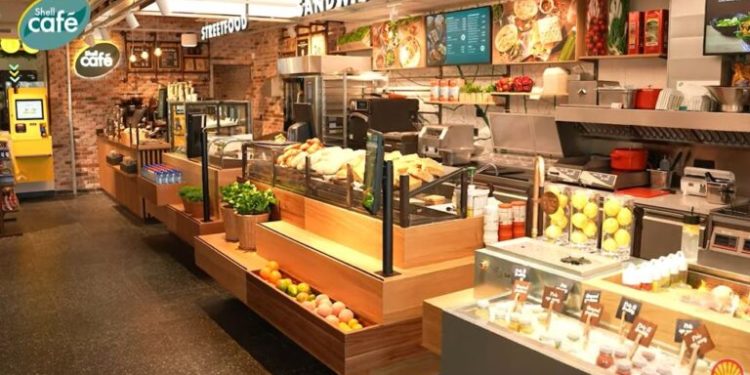Over the past decade, Kenya’s retail real estate industry has undergone significant changes, influenced by various factors such as technological advancements, the Covid-19 pandemic, and shifting buyer preferences. Previously, major developers focused on constructing large shopping malls with prominent supermarket chains as anchor tenants. However, the landscape has shifted towards smaller neighbourhood stores. In 2023, Nairobi has witnessed the opening of only two shopping malls, like Eastleigh’s Business Bay Square Mall, whereas convenience outlets have increased due to higher demand. The Covid-19 pandemic played a crucial role in altering buyer habits, with people working from home seeking nearby shopping options for added convenience. This shift in behaviour led developers to concentrate on convenience retail projects to cater to evolving consumer needs. Retailers in convenience centres expanded beyond traditional categories to include fashion designers, opticians, pharmacists, coffee shops, and gyms.
Read more: Emerging Opportunities For Kenya’s Traditional Retail Sector
Nevertheless, some tenants still prefer larger malls due to the sense of security and the presence of various businesses that attract more customers. While convenience retail has gained momentum, developers need to strike a balance and address the demand for both convenience centres and traditional malls. The industry has also witnessed growing awareness around environmental, social, and governance (ESG) considerations. Developers are now adopting sustainable practices, such as smart building technology and waste management, to reduce operational costs and attract ESG-conscious investors. Green building certifications have become essential for branding and can increase the value of retail spaces.
Additionally, technology has disrupted the retail sector with the rise of online shopping and digital models. Small retailers are exploring online presence to reach a broader audience. However, physical presence in malls remains valuable for certain businesses and customer experiences. Entertainment trends have influenced retail development, with developers identifying areas frequented by revellers and establishing retail outlets nearby. The location and income levels of the neighbourhood are considered when designing retail spaces to match the consumer profile.
Read more: China Square And The Potential For Low-Cost Retail In Kenya
To adapt to evolving preferences, developers are exploring mixed-use concepts that allow for flexibility of use. This approach enables easy conversion of spaces, ensuring they remain relevant amidst changing buyer demands while catering to convenience. Overall, the retail real estate industry in Kenya continues to evolve in response to dynamic market forces and consumer preferences.
Email your news TIPS to editor@thesharpdaily.com
















